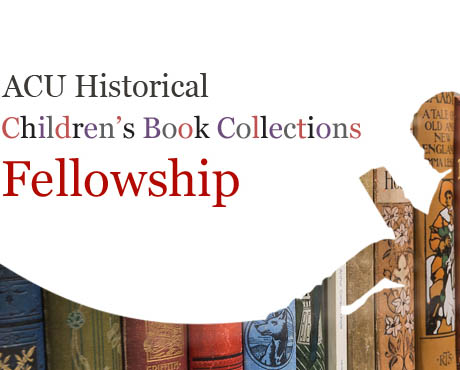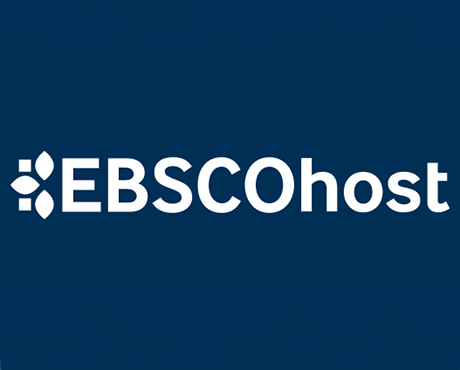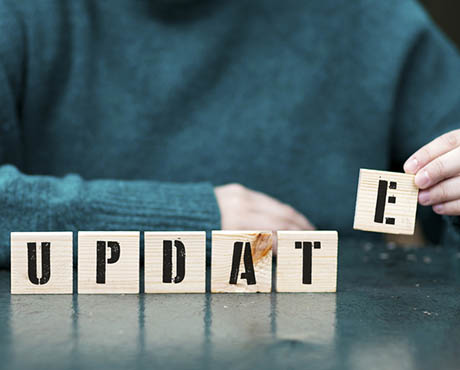
Research partnerships for the common good
News 23 SeptemberA message from Interim Executive Dean, Faculty of Education and Arts, Professor Phil Parker
16 August 2023
Share
Unauthorised use of artificial intelligence (AI) in work submitted for assessment is academic misconduct; but there can be confusion about the appropriateness of support tools.
Under ACU’s Student Academic Integrity and Misconduct Policy, unauthorised use of AI in work submitted for assessment is a form of academic misconduct. Any work submitted for assessment must be the student’s own (except for designated group work).
Students should not use generative artificial intelligence tools (e.g. ChatGPT) or paraphrasing and translation tools (e.g. Quillbot) unless it is specifically authorised in the assessment requirements.
Using programs that check spelling and grammar as you go (e.g. Grammarly) are not considered to be generative AI or paraphrasing tools, therefore they can be used. However, GrammarlyGo is a generative AI tool embedded into Grammarly and should not be used to help write assessments. Students should turn this feature off in their customisation settings by using the following instructions.
Earlier this year, Turnitin released a new tool that assists in detecting text generated by AI, that is not visible to students. When staff open a submission in Turnitin, it will appear as a ‘% AI’ figure which represents the percentage of qualifying text that Turnitin has determined to be AI generated.
Turnitin and ACU advise staff that the AI percentage should be used with caution, and that a positive finding does not automatically mean that academic misconduct has occurred. This is especially true when the indicator is less than 20%. Staff need to carefully review any flagged text and look for other characteristic signs of unauthorised AI. use, such as fabricated or inappropriate references.
Turnitin does not detect changes made by grammar checking tools, including Grammarly. It will, however, detect content generated by GrammarlyGo, as this is a generative AI tool. For a list of factors to consider when assessing unauthorised use of AI, visit the Academic Integrity FAQ page.

A message from Interim Executive Dean, Faculty of Education and Arts, Professor Phil Parker

The library is supporting the ACU Historical Children’s Book Collections 2025 Fellowship. It is an opportunity to conduct research on our historical collection of children’s books, located at St Patri...

On 24 June ACU will transition to the new EBSCOhost. This will result in a new look and feel across some of our most popular databases. Learn more about the changes and what action may be required of ...

Advance your career in teaching and learning with the Graduate Certificate in Higher Education. Enrol by 22 June to get started in Professional Term 5.

Viva Engage is here. Access it easily via Microsoft Teams.

Include an additional survey item in the Student Evaluation of Learning and Teaching (SELT) survey for units that are offered in ACU Online Term 2 (202536).

A new Adjunct and Honorary Titles Policy and Procedure has been approved and is now in effect at ACU.

Teaching staff are encouraged to check their units have been correctly linked to their names for the Student Evaluation of Learning and Teaching (SELT) surveys in upcoming teaching periods.

ACU has three student modules: the Academic Integrity, Respectful Relationships, and Protecting our Children modules. Semester 1 students must complete their modules by 1 July to access their results ...

Please be aware of the following changes to payroll processing dates.

A message from the Chief Operating Officer Patrick Woods.

As part of Student Administration's commitment to service excellence, AskACU will be running on-campus re-enrolment drop-in sessions in July, while CMAS enhancements will improve information available...

The Student News and Events bulletin is sent to all students, nationally, and includes a broad cross-section of news, announcements, events and stories from across the university. The May edition is o...

Say goodbye to Workplace and hello to Viva Engage. Learn about our new community structure and all-staff community.

An update from the Executive Dean of Law and Business Professor Andrew O'Neil.

A reminder to all academic staff that the mandatory Notice of Intent, for those intending to apply for promotion in the 2025 round, must be submitted by 11.59pm this Friday (30 May).

Expect a few email notifications as we prepare to welcome you to Viva Engage next week.

Include an additional survey item in the Student Evaluation of Learning and Teaching (SELT) survey for units that are offered in Professional Term 4 (202547).

Register for these 15-minute sessions to learn more about the variety of online researcher profile platforms and what is involved in setting up, linking and updating your profile.

Lecturers-in-charge can make a direct determination of Poor Academic Practice (PAP) for students who engage in minor forms of academic misconduct. Learn why they can be valuable to staff and students.
Visit Service Central to access Corporate Services.